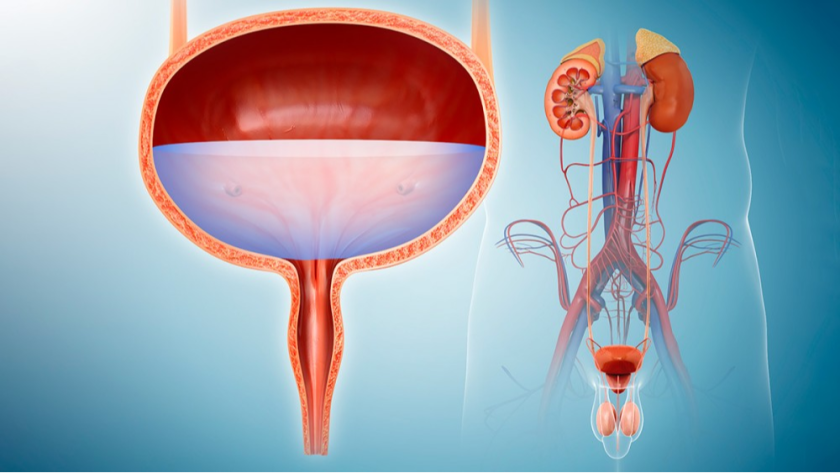Home >>Urology
Urology and Urolgists
Urology focuses on surgical and medical diseases of the urinary tract(kidneys, adrenals, ureter,urinary bladder, uretha) and male reproductive system (testis, epididymis, vas deferens, prostate and penis). . Urology is one of the most coveted and competitive superspecialisation for surgeons, requiring a high level of skill and training. Urologists have been pioneers in the innovation of surgical technology. The field of Urology has ushered in the advent of minimimally invasive(telescope guided) surgery , lasers ,laparoscopic(keyhole) surgery and now robotic surgery into medical science as a whole. The aim is to avoid large incisions on abdomen to promote faster recovery, reduced pain and resume normal activity quickly after surgery.
Major urological diseases include:
- Kidney : Kidney stones, kidney cancer, kidney cysts,hydronephrosis etc.
- Ureter problems: ureteric stones, pelviureteric junction obstruction, reflux etc.
- Urinary bladder: Bladder cancer, bladder infections, bladder stones etc.
- Prostate: Benign prostate enlargement, prostate cancer
- Testis: Testicular cancer, male infertility
- Penis: Erectile dysfunction, hypospadias etc.

